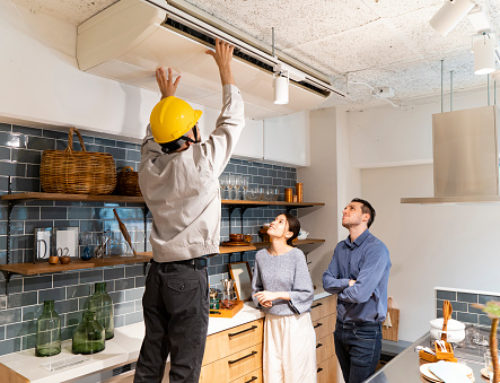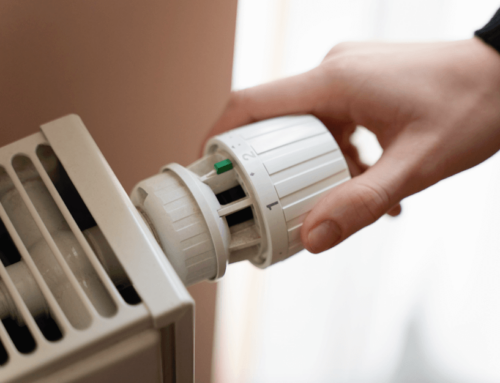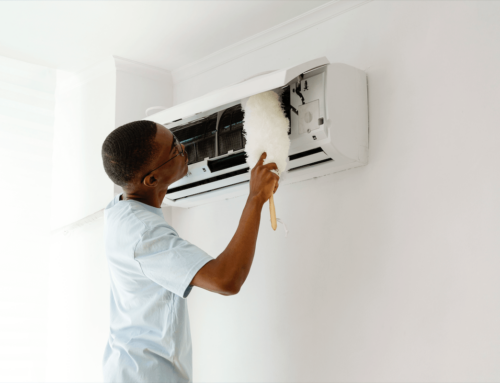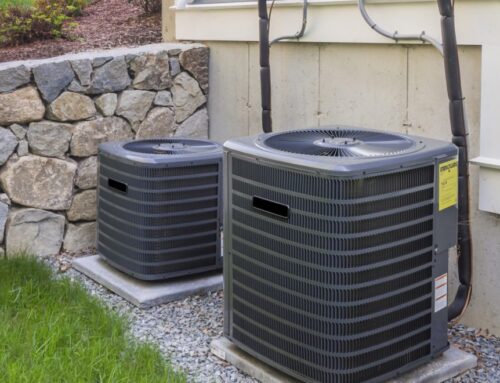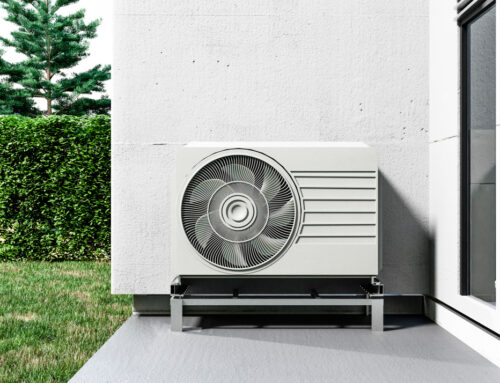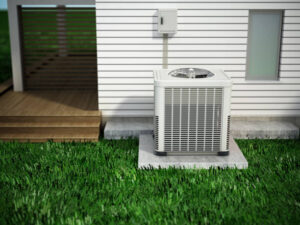
Heat pumps are versatile, efficient cooling and heating systems. They’re an excellent choice for a heating, ventilation and air conditioning (HVAC) unit if you’re looking to maximize energy efficiency and save on costs. However, as efficient as they are, you may notice some problems with your heat pump during winter – especially when the temperature falls below a certain point.
Below, we’ll discuss how heat pumps operate and how cold weather may affect their efficiency to help. This will help you determine whether an HVAC system suits your home and climate.
Heating Using an Air-Source Heat Pump
Air-source heat pumps are the most common type of heat pump in Canada. HVAC systems, often stationed outside buildings, rely on outside air as a source of thermal energy to provide a home’s heating during cold seasons. Compared to furnaces that provide a small amount of warm air at high temperatures, air-source heat pumps optimize their energy efficiency by providing a large volume of warm air and heating it at temperatures between 25°C and 45°C.
How It Works
An air-source heat pump system consists of five main components: refrigerant, coil, evaporator, condenser and compressor. When in heating mode, outside air gets blown through a set of tubes filled with refrigerant. The warmer temperatures in the tubes cause the refrigerant to turn from a liquid to a gas. This gas then passes through a compressor, and the pressurization process causes it to heat.
Next, the heated and compressed refrigerant enters the outside unit’s coil and is introduced into a heat exchanger enclosed in cool air or water. This gas causes the frigid air or water to warm up.
Finally, the warm liquid or air is pumped to the indoor unit’s expansion valve and dispersed throughout your home. The expansion valve significantly reduces the pressure of the warm liquid refrigerant and causes it to cool. Now that the refrigerant is liquid and cool, it’s ready to be injected back into the indoor unit’s evaporator coil to begin the cycle again.
At What Temperature Do Heat Pumps Stop Working?
Heat pumps’ performance and efficiency can differ depending on the manufacturer and model of the HVAC unit. Air-source heat pumps are generally more efficient when there’s only a slight temperature difference between outside and inside air. That means they may become ineffective when outside temperatures fall to and below -5°C, where the atmosphere’s temperature is at or below the freezing point.
Even though a heat pump can still function at temperatures as low as -30°C, the unit will require more energy to operate efficiently because there isn’t enough thermal energy in the outdoor air to heat the inside of your home to the required temperature.
Low outside temperatures will cause your heat pump to function at deficient power efficiency levels that can no longer reliably maintain a comfortable interior temperature. As a result, your unit might not be able to raise the temperature to your liking, and your home may feel a little chillier than you would like on colder days.
Are You Looking for a Heat Pump in Canada?
If you’re considering buying a heat pump, contact Canada HVAC.
We are an online HVAC systems store with over 30 years of experience selling heating and cooling systems. Our heat pumps provide maximum comfort and energy efficiency even in freezing weather. At Canada HVAC, our experts can help you identify the ideal heating solutions for your home and business and put you in touch with a nearby installation professional.
Call us at 833-226-4822 or fill out our contact form to request a quote.

